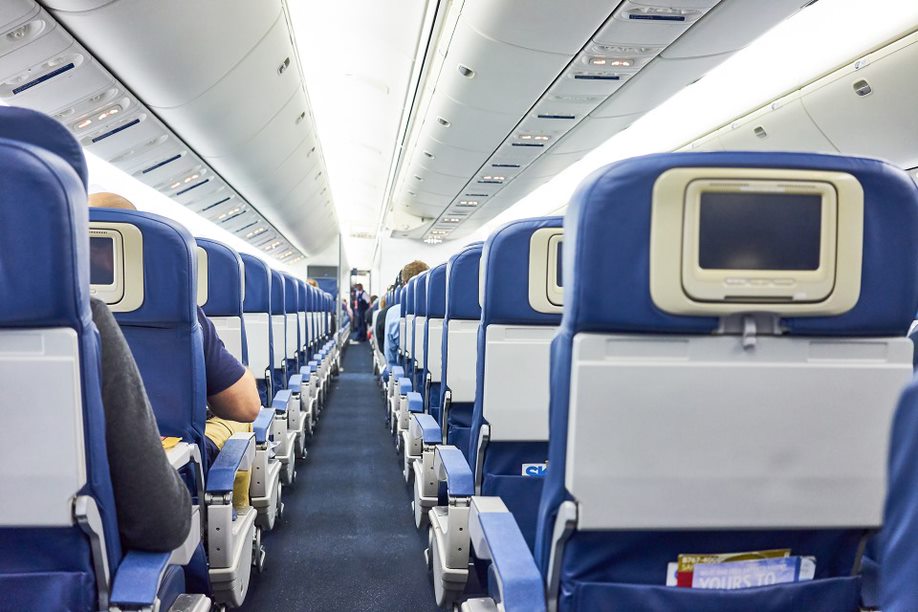The International Air Transport Association (IATA) criticized the decision by the US Department of Transportation (DOT) and the Biden Administration to raise the cost of air travel by mandating airlines provide financial compensation to travelers for flight delays and cancellations, in addition to their current care offerings. According to yesterday’s announcement, the rule will be issued later this year. DOT’s Cancellation and Delay Scoreboard shows that the 10 largest US carriers already offer meals or cash vouchers to customers during extended delays, while nine of them also offer complimentary hotel accommodations for passengers affected by an overnight cancellation.
“Airlines work hard to get their passengers to their destinations on time and do their best to minimize the impacts of any delays. Airlines already have financial incentives to get their passengers to their destination as planned. Managing delays and cancellations is very costly for airlines. And passengers can take their loyalty to other carriers if they are not satisfied with service levels. The added layer of expense that this regulation will impose will not create a new incentive, but it will have to be recouped –which is likely to have an impact on ticket prices,” said Willie Walsh, IATA’s Director General.
Additionally, the regulation could raise unrealistic expectations among travelers that are unlikely to be met. Most situations would not be covered by this regulation as weather is responsible for the bulk of air travel delays and flight cancellations. Air traffic controller shortages played a role in last year’s delays and are also an issue in 2023, as the Federal Aviation Administration has acknowledged with its request that airlines reduce their flight schedules to the New York metropolitan area. Runway closures and equipment failures also contribute to delays and cancellations. Additionally, supply chain issues in the aircraft manufacturing and support sectors have resulted in aircraft delivery delays and parts shortages over which airlines have little or no control but which impact reliability.
While the DOT carefully notes that airlines will only be responsible for compensating passengers for delays and cancellations for which the airline is deemed responsible, severe weather and other issues can have knock-on effects for days or even weeks later, at which point it can be difficult to impossible to isolate a single causal factor.
Furthermore, experience shows that punitive regulations like this have no impact on the level of flight delays and cancellations. A thorough examination of the European Union’s passenger rights regulation, EU261, released in 2020 by the European Commission(i), found the opposite to be true. Cancellations overall nearly doubled from 67,000 in 2011 to 131,700 in 2018. The same outcome occurred with flight delays, which rose from 60,762 to 109,396. While the share of airline attributable delays as a percentage of total delays shrank, the report attributed this to an increase in delays classed as extraordinary circumstances – such as air traffic control delays.
“Aviation is a highly integrated activity involving a number of different partners, each of whom has a vital role in ensuring the smooth operation of the air transport system. Instead of singling out airlines as this proposal most assuredly does, the Biden Administration should be working toward ensuring a fully funded FAA, a fully staffed controller workforce, and completing the rollout of the decades-delayed FAA NextGen air traffic control modernization program,” said Walsh.



